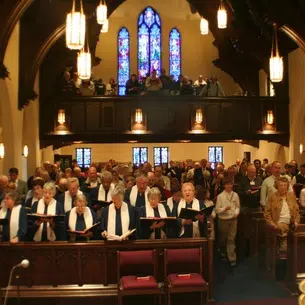By Graham Keeley
BARCELONA (Reuters) – When police ordered a local mayor in southern Spain to take down a rainbow flag put up to celebrate gay pride on Friday because it was illegal, more than 300 households in the village rallied to the cause and flew their own flags.
By the time gay pride celebrations took place in Spain on Sunday, the Andalusian village of Villanueva de Algaidas near Malaga was awash with flags hanging from balconies, windows and even a bar in solidarity.
Juan Civico, Socialist mayor of the village of 4,000 inhabitants, only found out it was illegal for authorities to fly the flag after three residents complained about the one he had put up.
Civico said the local government was bound by a recent ruling by the Spanish Supreme Court that only official flags, of Spain, its regions or the European Union, can be flown from council buildings.
“After the complaints, we studied what we had to do. We saw that under the law we had to remove the flag. But the people can put what they like on their balconies,” said Civico.
Hearing about the police action, Antonio Carlos Alcntara who runs a shop in the seaside resort of Torremolinos, 62 km away, had an idea.
He sells rainbow flags in his shop in the resort, which is popular with the LGBT community, but because of the coronavirus they were not selling and he had plenty in stock.
After he put out a message on the council’s Facebook page asking if anyone in Villanueva de Algaidas wanted to fly a rainbow flag, he received more than 100 requests for the flags, prompting him to drive over and hand out another 300.
“The village is full(of flags). It is incredible,” Alcntara said.
Piedad Queralta hung two flags from her house in the village.
“I think people should be free to love who they want to as long as it does not cause anybody any harm,” she said.
In 2005, Spain became the third country in the world to legalise same-sex marriage, after the Netherlands and Belgium.
A 2013 report for the U.S.-based Pew Research Center found 88% of Spaniards accepted homosexuality, making it one of the most accepting countries of the 39 polled.
Antonio Ferre, of the Federation of Andalusian LGTB+ Diversity, said the villagers’ initiative in Villanueva de Algaidas was “especially moving”.
Manolo Garcia, another resident, was just happy to support the cause.
“To me it is not good nor bad. Every person should be able to do what they like in their own home and in the public street if it does not offend others,” he said.
(Reporting by Graham Keeley and Jon Nazca; Editing by Susan Fenton)




